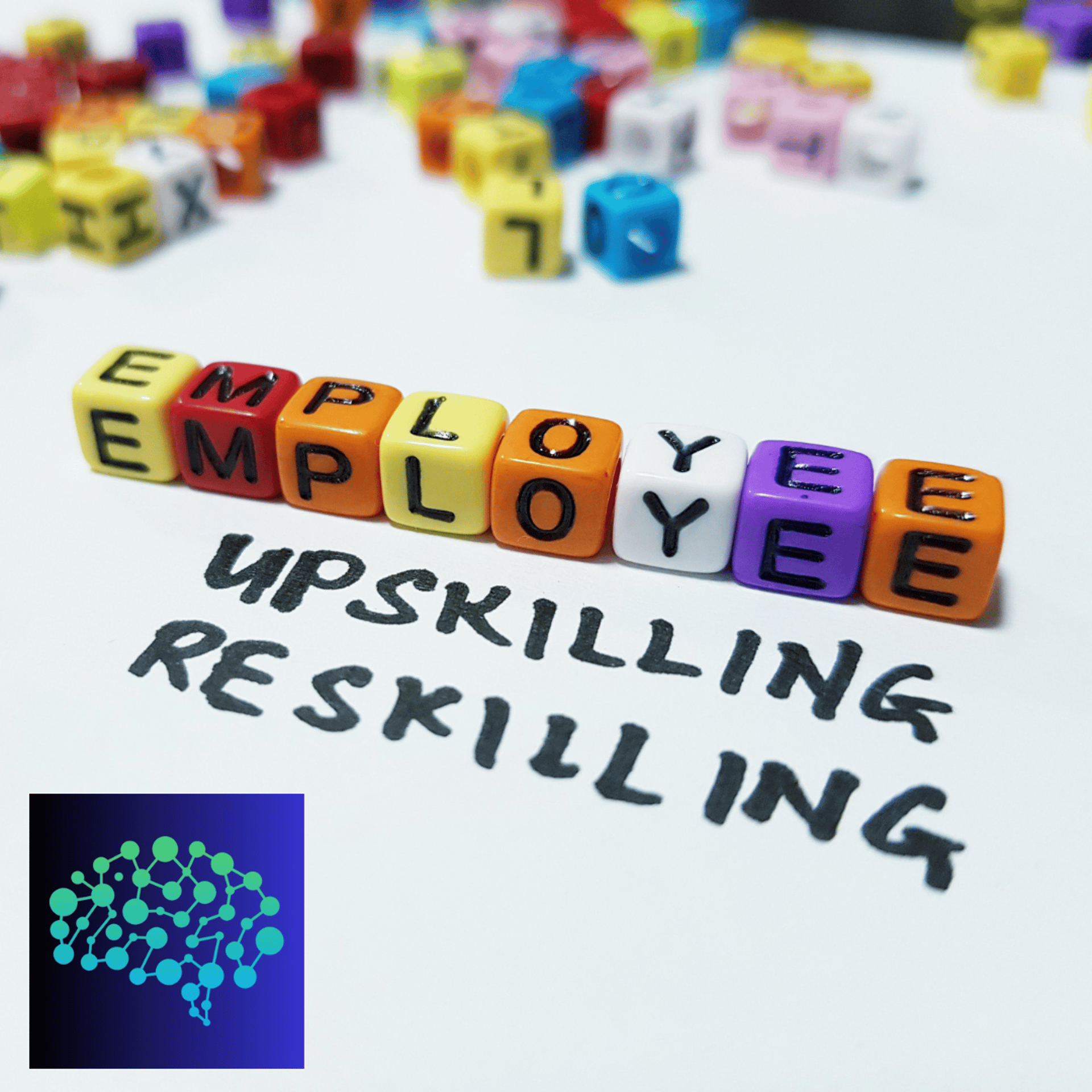The Critical Importance of Upskilling: Making Upskilling a Cornerstone of Your HR Strategy
The only constant is change. With technology advancing at breakneck speed and industries continuously adapting, the skill sets required to stay competitive are in constant flux. As a result, the concept of upskilling—equipping employees with new skills to meet the changing demands of their roles—has become more critical than ever.
8.Char
8/28/20244 min read

In today's rapidly evolving business landscape, the only constant is change. With technology advancing at breakneck speed and industries continuously adapting, the skill sets required to stay competitive are in constant flux. As a result, the concept of upskilling—equipping employees with new skills to meet the changing demands of their roles—has become more critical than ever. For organizations aiming to thrive in this dynamic environment, incorporating robust learning and development (L&D) initiatives into their HR strategy is not just a nice-to-have, but a necessity.
The Case for Upskilling: Adapting to Change
According to a recent report by LinkedIn, 94% of employees would stay at a company longer if it invested in their career development. This statistic highlights a crucial point: employees are increasingly looking for more than just a paycheck—they want growth opportunities. Companies that prioritize upskilling are better positioned to retain top talent, reducing the high costs associated with turnover. Although the initial Workforce Learning Report was released in 2019, nearly 6 years later the sentiment remains the same.
Moreover, the World Economic Forum’s Future of Jobs Report (2023) emphasizes that by 2025, half of all employees will need reskilling as the adoption of technology increases. This shift is not just about technological roles; industries across the board are seeing a demand for new competencies, ranging from digital literacy to advanced problem-solving. By investing in upskilling initiatives, companies can ensure that their workforce remains agile and capable of handling these new challenges. We are not just talking about a refresher course on Microsoft Excel or Google Docs, more and more companies are incorporating automation technologies to streamline how we communicate with each other, plan our day and keep on top of tasks and projects. More and more job descriptions are also requesting candidates with prior knowledge of a wide range of technologies.
Enhancing Employee Engagement and Satisfaction
Upskilling doesn't just prepare employees for the future—it also has a direct impact on employee engagement and satisfaction. The CIPD (Chartered Institute of Personnel and Development) notes that continuous learning opportunities are a key driver of employee engagement. When employees feel that their employer is invested in their professional growth, they are more likely to be motivated, productive, and committed to the organization. You can read the report here.
Incorporating L&D into your HR strategy sends a clear message: your company values its people and is committed to helping them achieve their career goals. This approach fosters a culture of continuous improvement and curiosity, which can significantly boost morale and job satisfaction. Employees who are consistently learning are more likely to feel challenged and fulfilled in their roles, reducing the likelihood of burnout and disengagement. However, HR needs to ensure that employees are offered learning opportunities that either align with current roles, career aspirations or areas of genuine interest so that they engage with the opportunity and not just see it as a “waste of time” and a distraction from their day to day responsibilities.
Succession Planning and Future-Proofing Your Workforce
One of the most strategic benefits of upskilling is its role in effective succession planning. As boomers retire and the workforce evolves, there’s a growing need to prepare the next generation of leaders. Upskilling enables companies to identify high-potential employees and equip them with the skills necessary to take on more significant responsibilities.
The Society for Human Resource Management (SHRM) emphasizes that well-planned succession strategies are essential for maintaining business continuity. Without a pipeline of skilled and prepared employees ready to step into leadership roles, companies risk operational disruptions. By integrating upskilling into your HR strategy, you create a talent pool that is not only ready to fill critical roles but also capable of driving innovation and growth. With over 56% of companies having no succession plan at all, upskilling is a great foundation in preparing a plan by identifying high potential within the workforce.
The ROI of Upskilling: A Strategic Investment
While upskilling requires an investment of time and resources, the return on investment (ROI) is substantial. Research by Deloitte suggests that companies with a strong learning culture are 92% more likely to develop novel products and processes and are 56% more likely to be first to market. These organizations also tend to have higher employee productivity, lower turnover rates, and better overall performance. You can read the article here.
Furthermore, a PwC survey found that 79% of CEOs are concerned about the availability of key skills in their organization. By proactively addressing these concerns through upskilling, companies can not only mitigate risks but also gain a competitive edge. A well-skilled workforce is more adaptable, resilient, and capable of driving the company forward in uncertain times.
Conclusion: Making Upskilling a Cornerstone of Your HR Strategy
Incorporating upskilling into your HR strategy is no longer optional—it’s a business imperative. As the pace of change accelerates, companies that fail to prioritize learning and development risk falling behind. By investing in your employees’ growth, you not only prepare your workforce for the challenges ahead but also enhance engagement, satisfaction, and succession planning.
The key to a successful upskilling strategy is alignment with your organization's goals and a commitment to continuous learning. When done right, upskilling not only prepares your company for the future but also creates a culture where employees feel valued, empowered, and ready to contribute to your long-term success.
Contact us
Whether you have a request, a query, or want to work with us, use the form below to get in touch with our team.


Location
Limassol, Cyprus
Hours
Mon-Fri 9:00-18:00
Sat-Sun Closed
Contacts
+357 99269816
emily@8-char.com

